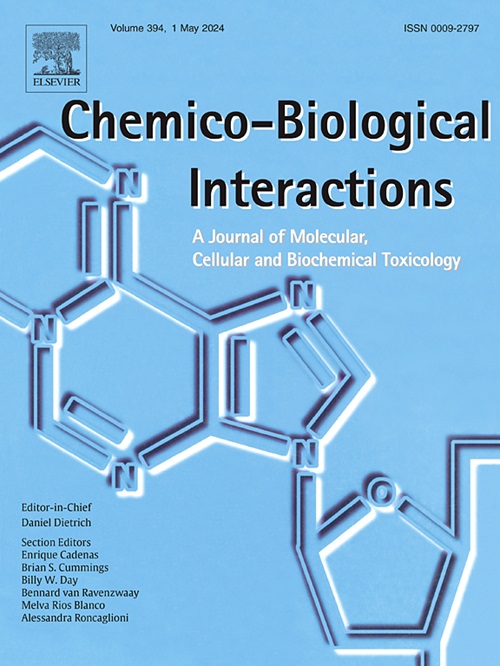Semaglutide attenuates lipotoxicity-induced cardiac injury by inhibiting Slc27a2 expression
IF 4.7
2区 医学
Q1 BIOCHEMISTRY & MOLECULAR BIOLOGY
引用次数: 0
Abstract
The precise mechanism of action of semaglutide in obese patients remains uncertain, although it is evident that the drug confers a significant cardiac benefit. An excessively high-fat diet has been demonstrated to result in an increased expression of solute carrier family 27 member 2 (Slc27a2/FATP2) on cardiomyocyte membranes. This is associated with a number of adverse effects, including lipid deposition in cardiomyocytes, elevated levels of inflammation and oxidative stress, impaired cardiac function, decreased cardiomyocyte viability, and increased apoptosis. The administration of semaglutide was observed to partially reverse the cardiac dysfunction induced by an excessive high-fat diet, to protect cardiomyocytes, and to significantly reduce the expression of Slc27a2. However, the cardioprotective effects of semaglutide were partially counteracted by the use of an adenosine A2A receptor antagonist, whereas the opposite result was observed with an adenosine A2A receptor agonist. In light of these findings, it can be concluded that the adenosine A2A receptor plays a pivotal role in the cardioprotective effects of semaglutide. The reduction of Slc27a2 expression downstream of this receptor has been demonstrated to enhance lipid metabolism and mitigate lipid overdeposition in cardiomyocytes, thereby conferring cardioprotection.
Semaglutide通过抑制Slc27a2的表达来减轻脂肪中毒引起的心脏损伤。
西马鲁肽在肥胖患者中的确切作用机制仍不确定,尽管很明显该药物对心脏有显著益处。过高的脂肪饮食已被证明会导致心肌细胞膜上溶质载体家族27成员2 (Slc27a2/FATP2)的表达增加。这与许多不良反应有关,包括心肌细胞中的脂质沉积、炎症和氧化应激水平升高、心功能受损、心肌细胞活力下降和细胞凋亡增加。研究发现,给药西马鲁肽可以部分逆转高脂肪饮食引起的心功能障碍,保护心肌细胞,并显著降低Slc27a2的表达。然而,使用腺苷A2A受体拮抗剂可部分抵消semaglutide的心脏保护作用,而使用腺苷A2A受体激动剂可观察到相反的结果。根据这些发现,可以得出结论,腺苷A2A受体在西马鲁肽的心脏保护作用中起关键作用。该受体下游Slc27a2表达的减少已被证明可以增强脂质代谢并减轻心肌细胞中的脂质过度沉积,从而赋予心脏保护作用。
本文章由计算机程序翻译,如有差异,请以英文原文为准。
求助全文
约1分钟内获得全文
求助全文
来源期刊
CiteScore
7.70
自引率
3.90%
发文量
410
审稿时长
36 days
期刊介绍:
Chemico-Biological Interactions publishes research reports and review articles that examine the molecular, cellular, and/or biochemical basis of toxicologically relevant outcomes. Special emphasis is placed on toxicological mechanisms associated with interactions between chemicals and biological systems. Outcomes may include all traditional endpoints caused by synthetic or naturally occurring chemicals, both in vivo and in vitro. Endpoints of interest include, but are not limited to carcinogenesis, mutagenesis, respiratory toxicology, neurotoxicology, reproductive and developmental toxicology, and immunotoxicology.

 求助内容:
求助内容: 应助结果提醒方式:
应助结果提醒方式:


